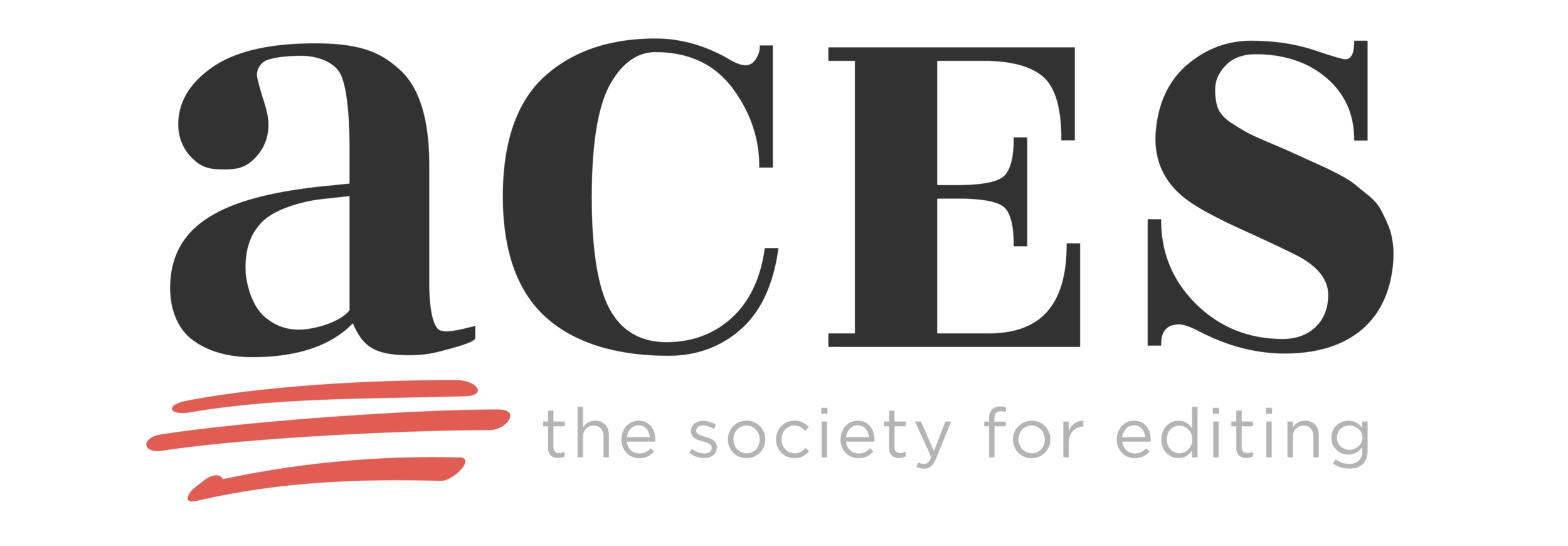Prurigo Nodularis Treatment Effective in Phase 3 Trial - InventUM
/An article for InventUM | University of Miami Miller School of Medicine
READ ON THE MILLER SCHOOL OF MEDICINE WEBSITE
BY ROCHELLE BRODER-SINGER
Prurigo Nodularis Treatment Effective in Phase 3 Trial
Shortly after the FDA approved the first systemic therapy for the chronic severe itch of prurigo nodularis (PN), researchers have demonstrated the effectiveness of a second systemic treatment in a phase 3 clinical trial.
Gil Yosipovitch, M.D., professor in the Dr. Phillip Frost Department of Dermatology and Cutaneous Surgery, led the studies that resulted in FDA approval of the first treatment and was a collaborator on the phase 3 trials for another treatment, nemolizumab.
“Until recently, PN patients – who also tend to have many comorbidities – were a very difficult-to-treat population,” said Dr. Yosipovitch, also Stiefel Chair of Medical Dermatology and director of the Miami Itch Center. “This targeted treatment, which has minimal side effects, should be another excellent treatment for PN patients.”
PN is a chronic inflammatory skin disease characterized by severe itching. Scratching leads to skin nodules across large areas. The intensity and frequency of PN itch is among the worst of all itch-causing diseases. The itching, pain, stinging and burning are so severe patients struggle to sleep and have higher rates of depression and anxiety than people without the disease.
In a phase 3, double-blind, randomized trial, nemolizumab, a monoclonal antibody that targets the Interleukin-31 receptor for the itchy cytokine IL-31, was shown to rapidly reduce itching. It also significantly diminished pain and reduced the number of firm skin nodules for moderate-to-severe PN patients.
Earlier this year, the FDA approved PN’s first systemic therapy, the monoclonal antibody dupilumab, based on trials led by Dr. Yosipovitch. This subsequent phase 3 trial of nemolizumab points toward another potential treatment that can bring substantial relief to patients who did not respond to existing treatments.
Calming the Immune System
Nemolizumab calms key parts of the immune response that play roles in itching and nodule formation. It blocks signaling of the cytokine interleukin-31—coined “the itchy cytokine”—the levels of which are increased in patients with PN.
Interleukin-31 is believed to be a primary culprit in patients’ itchiness. The higher the level of interleukin-31, the greater the intensity of itchiness. It promotes inflammation and can activate sensory neurons in the skin that make a person more prone to react to any itchy stimulus. It can also stimulate other immune cells, further increasing itchiness, nodule formation and inflammation.
“For the last two decades, our group has studied the role of interleukin-31 in many types of itch, including PN, stasis dermatitis, atopic dermatitis, cutaneous T-cell lymphoma itch, lichen amyloidosis and even COVID-19-related itchy toes,” Dr. Yosipovitch said. “Now that there is a drug targeting this cytokine, we predict it may also be able to help patients with other types of chronic itch.”








